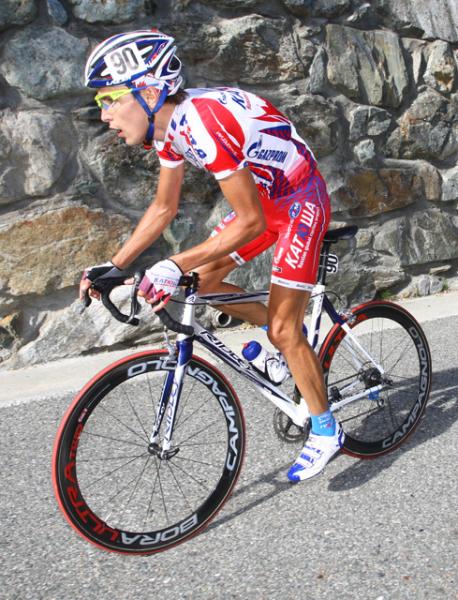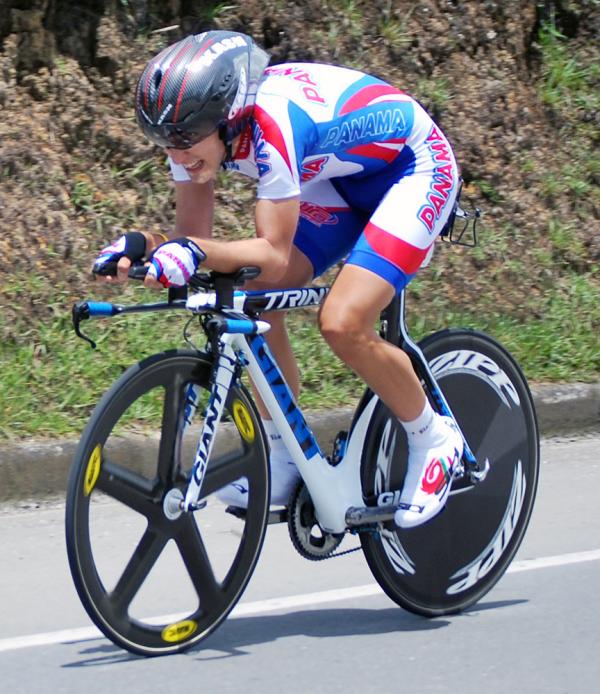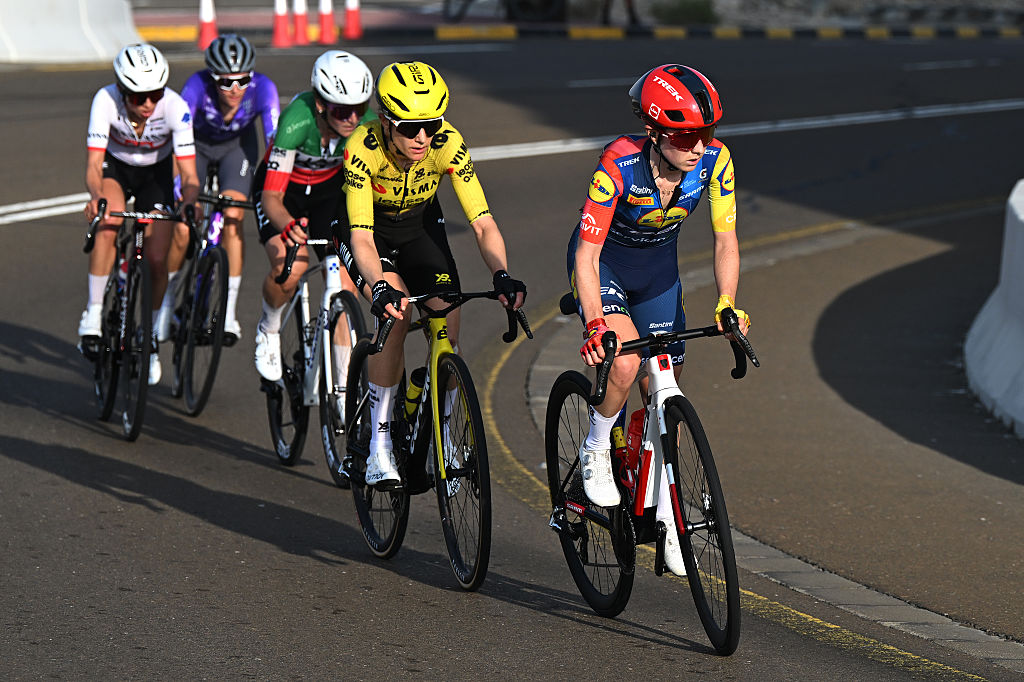RusVelo's Ignatenko and Southeast's Carretero return positive doping tests
Russian returns adverse analytical finding for hGH, Carretero for EPO
The latest race content, interviews, features, reviews and expert buying guides, direct to your inbox!
You are now subscribed
Your newsletter sign-up was successful


Petr Ignatenko has been fired by the RusVelo team after he returned an adverse analytical finding for human growth hormone in an out-of-competition doping control carried out on April 8, while the UCI has also revealed that Southeast’s Panamanian rider Ramon Carretero tested positive for EPO during the Tour of Turkey on April 22.
The 24-year-old Carretero was part of Southeast’s Giro d’Italia squad but he abandoned the race during stage 2, citing influenza. Southeast had reportedly attempted to replace him with a substitute the day before the race began, but were not permitted to do so.
Carretero joined Southeast, formerly Vini Fantini-Selle Italia and Neri Sottoli, at the beginning of the 2013 season and he lined up at the 2014 Giro d’Italia, abandoning at the end of week one. The Italian squad lost its title sponsors at the end of the 2014 season following a spate of positive tests from Mauro Santambrogio, Danilo Di Luca and Matteo Rabottini in recent years.
Under the regulations of the Movement for Credible Cycling (MPCC), Southeast will be expected to suspend itself for a period of one week if Carretero’s positive test is confirmed by analysis of his B-sample.
“I’m in Paris and I’m going to the Four Seasons where I’ve got a meeting with a big sponsor but what am I going to tell them now?” Southeast manager Angelo Citracca told Tuttobici.
“The last person I’d have expected something like this from is Ramon. You all know the rider and his technical value. He has a special story as an athlete representing a country like Panama and that was more than enough for us.”
Ignatenko
The latest race content, interviews, features, reviews and expert buying guides, direct to your inbox!
Ignatenko’s adverse analytical finding is RusVelo’s fifth doping case in little more than two years and the first human growth hormone case at this level of cycling since Patrick Sinkewitz’s positive test in 2011.
The 27-year-old Ignatenko signed with RusVelo at the beginning of this season, having spent the previous four seasons with the so-called Russian Global Cycling Project’s WorldTour squad, Katusha.
Ignatenko’s best result as a professional was his sixth-place finish at the Tour of Austria in 2013, the same year he completed the lone Grand Tour of his career, the Giro d’Italia, in 39th place. As an amateur, the Russian won the prestigious Giro della Valle d’Aosta in 2010 during his time with the Itera-Katusha Continental team.
In keeping with recent practice, the UCI did not issue a statement on Ignatenko or Carretero's positive tests, preferring instead simply to update the list of provisional doping sanctions listed on its website. Shortly afterwards, the RusVelo squad issued a press release in which it announced the termination of Ignatenko’s contract.
“Professional continental team RusVelo has been notified by the UCI of a possible infringement of the anti-doping regulations by the rider of the team Petr Ignatenko,” the statement read.
“Staying true to the principles of zero tolerance to any violations of this type, the team officially declares all the previously concluded agreements with the rider null and void with an immediate effect.
“By signing a contract a rider takes on a range of serious and clear obligations. He is expected to be aware of unavoidable consequences he faces if he fails to comply with them. The team reserves the right to bring the rider to court for his misdoing.”
Also an MPCC member, RusVelo missed the Giro dell’Appennino and suspended itself for eight days in July 2013 after Valery Kaykov tested positive for GW1516 and three others tested positive for the asthma medication Fenoterol.
The Pro Continental team was still on the MPCC’s “watch list” at the beginning of this season and would have faced a four-week auto-suspension had another of its riders tested positive before March 17.
hGH
Ignatenko is only the second rider at Pro Continental level or higher to return a positive test for human growth hormone. A blood test for hGH was first introduced in 2004 and officially ratified three years later, with Patrik Sinkewitz returning cycling’s first positive test at the GP Lugano in 2011.
Sinkewitz was initially cleared by the German Sports Court after his legal team argued that the test for hGH was unreliable, but he was eventually sanctioned in 2014 after Germany’s anti-doping agency appealed the matter to the Court of Arbitration for Sport. Sinkewitz, who previously tested positive for testosterone in 2007, is banned until August 16, 2020.
Testing for human growth hormone is a notoriously difficult endeavour due to its short detection window, which is estimated to be as low as five hours. Sports Illustrated has reported that as few as 12 of the 10,000 hGH controls carried out in all sports around the world between 2004 and 2013 resulted in positive tests.
American rider Jonathan Carter Luck was last month handed a one-year ban by USADA for the use and possession of hGH, though not as a result of a positive doping control.

